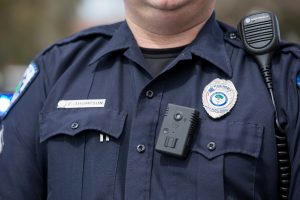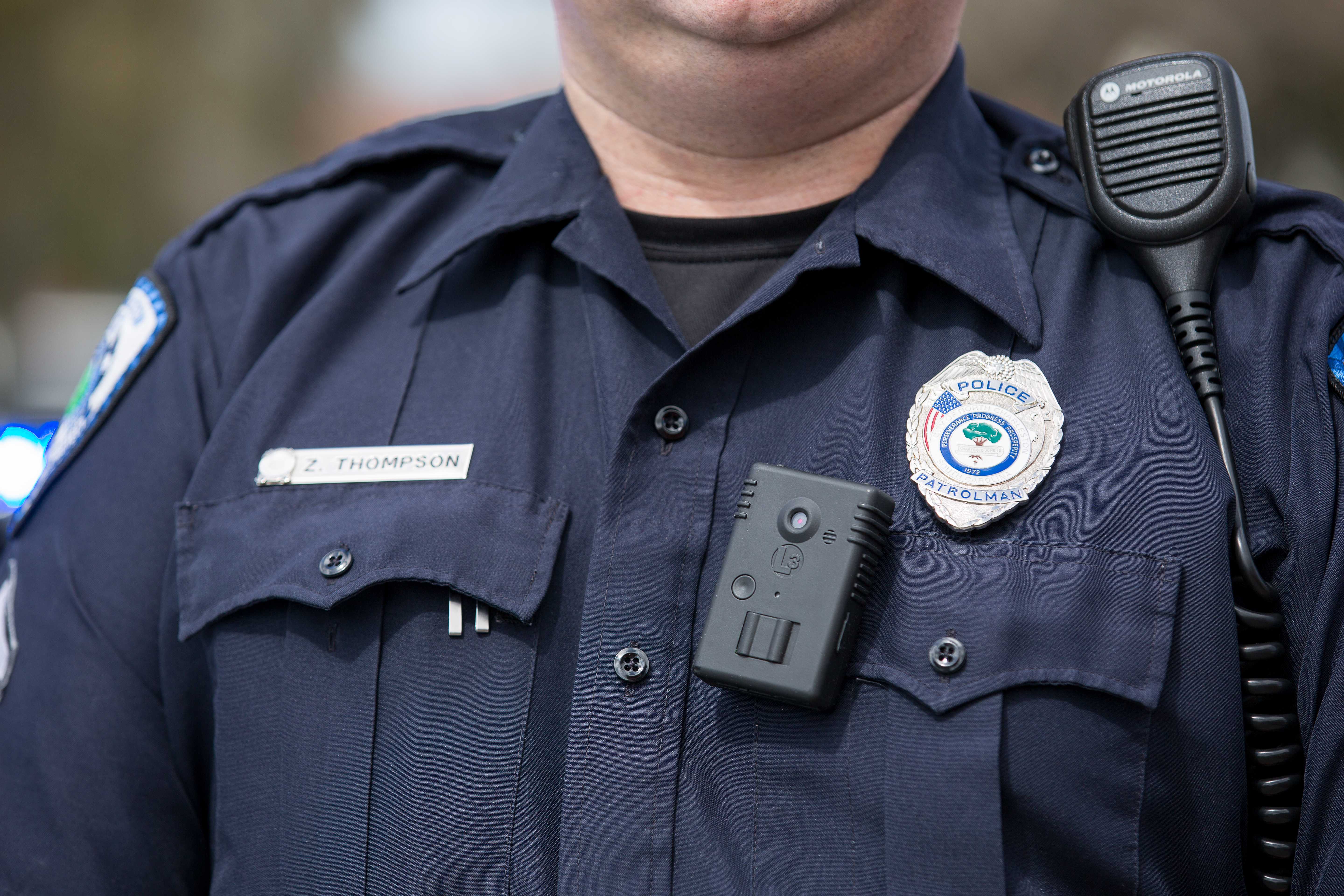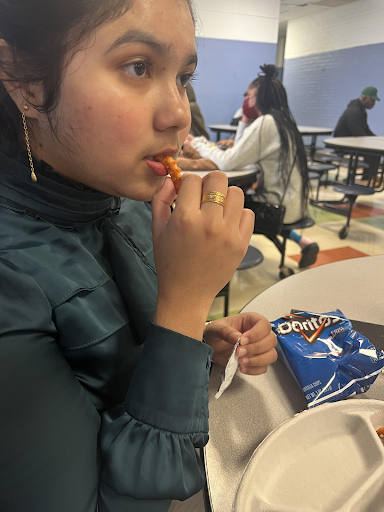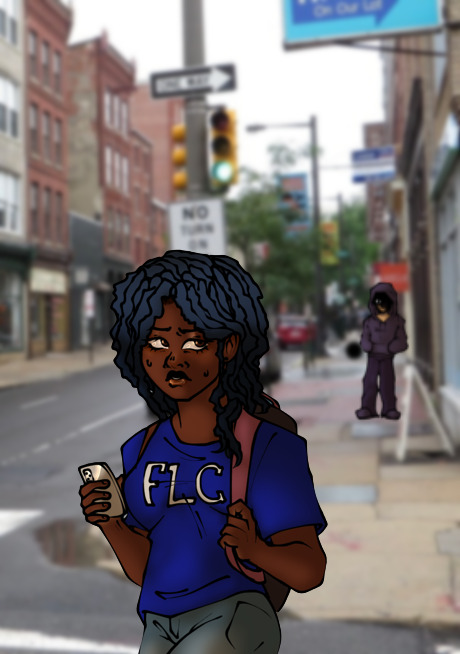Author: Franchesca Carrera (Published in conjunction with the Philadelphia Inquirer)
It records any and all activities and action within range. In other words, the camera doesn’t lie, either.
On August 9, 2014 a shooting was brought to light after being caught on a cellphone camera and posted on various forms of social media in Ferguson, Missouri. What was special about this specific event was the fact that the victim, Micheal Brown an 18-year-old black man, was unarmed when shot.
Darren Wilson, the 28-year-old cop who shot Brown, believed he had fit the description of a suspect in a “strong-armed” convenience store robbery. This sparked discussions from all over the country, questioning racial profiling, trigger happy cops, and police brutality. Was it not for that short video on twitter, no one would’ve been able to fight for the peace Brown, and others deserve.

“When I first heard of body cameras, I was against them,” said James Figorski, a former police officer turned lawyer who has been focused on seeking exoneration of prisoners who have been wrongly convicted in Pennsylvania. At his visit to the Acel Moore Workshop he said “I thought they would make cops hesitate before taking action.” He also worried that the hesitation could “lead to their injury or death.”
Figorski has since changed his mind saying that a camera should not change a good cop. Only bad behavior is discouraged.
Long before the events of the Ferguson shooting, police body cams have been in use in places like California, protecting the police and the public by being able to surveil police activity. On November 26, 2014 the Philadelphia Police Department began to put body cameras into practice, thanks to the uproar in Ferguson.
The new body cam movement has swept the nation, introducing police to another pair of watching eyes from Los Angeles to New York City. But the question that has yet to be answered is, are they helping?
After the dreadful events in Ferguson, Missouri, then-president Barack Obama proposed the idea of implementing cameras that could be easily worn as an accessory on police officers in over 20 states. The idea was received with hope in both ends. Sadly, the peace didn’t last long before the cameras began to catch the police engaging in deceiving acts.
One particularly striking case was when a Baltimore cop was caught, by the body cam, planting evidence at the scene of what would’ve been a simple drug bust. The footage shows the officer placing plastic baggies full of white capsules into a food can, and then hiding that can under various piles of trash. Then the audio comes on and we hear the cop say, “I’m going to check here. Hold on.” as he searches for the evidence he planted there himself.
The lack of audio during the officers planting suggests that he was unsure whether or not his camera was recording; thankfully it was.
Figorski believes body cams help. “I think that police are less likely to act aggressively when they know they are being filmed.” He said. “Anyone would be hesitant to engage in bad behavior when he or she knows a camera is filming everything.” This is proven to be true. Researchers at the University of Florida released a report on a body-worn camera pilot program at the Orlando Police Department, where they found that there are significant reductions in the number of injuries in both officers and civilians when a body-worn camera is involved.
These cameras can also keep police from getting side tracked while on duty. Officers that know their moves are being watched could behave differently in many situations. “For example, they may not stop and have discussions with people because they may feel uncomfortable having even routine encounters on video.¨ says Figorski.
Although body-worn cameras are a new practice, they keep both sides safe and provides us with more intel on how officers spend their time and how they react to situations. ¨Body cameras are good for two reasons: they have the potential to expose the misconduct of bad cops, and they have the potential to help good cops by protecting them from false accusations and by providing evidence of crimes committed against them.¨







